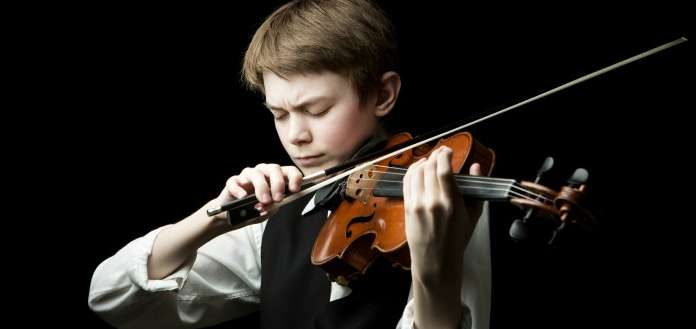
His style was distinctive and modern but not experimental. After graduating in 1934, Barber devoted himself entirely to composition. Samuel Barber was educated at the Curtis Institute of Music in Philadelphia, where he was taught singing, conducting, piano and composition. Other British composers writing in 1955 were Bliss (Violin Concerto), Tippet (Sonata for Four Horns), Vaughan Williams (Symphony no.8), Walton (Johannesburg Festival Overture) meanwhile Europe was overwhelmed by the modern atonal music movement (Lutoslawski, Milhaud, Nono, Stockhausen, Xenakis

People, a gesture of friendship, the strongest there is”. He said that music is “a social act of communication among His awards are impressive: Bard of the Cornish Gorseth, seven Honorary Doctorates of Music, Fellow of the Royal College of Music, the Ivor Novello Award, the Wavendon Award, a knighthood, Fellow of the British Academy of Composers and Songwriters, Incorporated Society of Musicians’ Distinguished Musician Award, Freedom of Northampton award. In October of each year there is an annual Malcolm Arnold Festival in his birthplace Northampton. He wrote a huge body of music, including a large quantity of music for less popular instruments, and nine symphonies, seven ballets, two operas, one musical, over twenty concertos, two string quartets, and music for brass-band and wind-band. His works are particularly popular with youth and amateur orchestras because of their ease, and because of the accessibility of his unique style, which combines the musical elements of classical, jazz, popular and folk. In 1941 he joined the London Philharmonic Orchestra as second trumpet and became principal trumpet in 1943. Here he studied composition with Gordon Jacob and the trumpet with Ernest Hall. Five years later he won a scholarship to the Royal College of Music. Malcolm began playing the trumpet at the age of 12 after hearing Louis Armstrong play. He acknowledged Hector Berlioz as an influence, and several commentators have drawn a comparison Sir Malcolm Henry Arnold, CBE (1921-2006)Īrnold was a prolific and popular English tonal composer. Little Suite for Orchestra Opus 53 (1955) The horse whinny at the end of Sleigh Ride is made by a trumpet half-valve glissando and the whip cracks are made by a percussionist with a slapstick. Anderson’s style was influenced by the music of George Gershwin and folk music of various countries. He served active duty in the Korean War and in 1945 became Chief of the Scandinavian Desk of Military Intelligence at the Pentagon. Anderson had studied music composition then languages at Harvard University, becoming fluent in seven foreign tongues, whilst also conducting and arranging for dance bands around Boston. The song was a hit record and has probably been performed and recorded by a wider array of musical artists than any other piece in the history of Western music.


The lyrics, about riding in a sleigh on a winter’s day, were written by Mitchell Parish two years afterwards. He had the original idea for Sleigh Ride during a heat wave in July 1946 and finished the work two years later. We’ll add to the list after each concert and hope to build up a useful library.īorn in America of Swedish parents, Anderson has a star on the Hollywood Walk of Fame for his contribution to light orchestral music composition. They are posted here for general interest and may be used by other amateur orchestras if credited © Joanna Lavender/(we’d be interested to know if you use them – please drop us an email). We are fortunate to have original programme notes researched and written for our concerts by Joanna Lavender. Crowthorne Symphony Orchestra - Future Concerts Programme


 0 kommentar(er)
0 kommentar(er)
